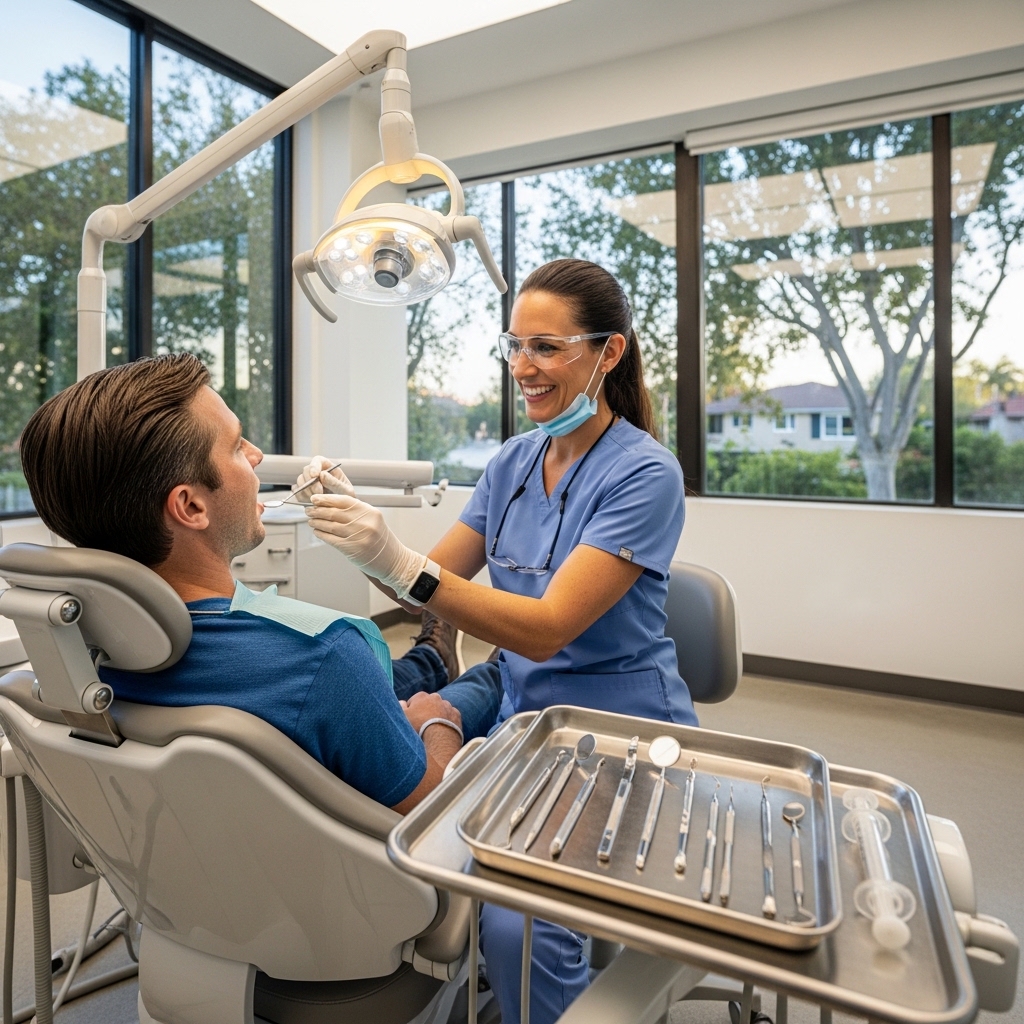Regular visits to the dentist play a vital role in maintaining optimal oral health. Routine check-ups and cleanings can prevent many dental issues and allow for early detection of problems, which helps avoid more serious conditions and reduces the need for costly procedures in the future.
Despite knowing the importance of visiting the dentist every six months for a professional cleaning and examination, some people may question why these visits are so essential. Research shows that individuals who skip regular dental care face a higher risk of other health issues, including cardiovascular disease.
During your visit, the dentist will review your medical history and examine your mouth to identify any existing or potential problems. They will also inquire about any medications you’re taking that might affect your oral health, as some drugs can cause dry mouth and increase the risk of tooth decay.
The oral examination includes checking for signs of gum disease, which can be difficult to detect on your own. The dentist will measure the depth of gum pockets and look for areas where teeth are separating, which are indicators of periodontal disease that can be prevented with regular brushing and flossing. They will also examine your head and neck for abnormalities, such as swollen lymph nodes, which could signal serious conditions like cancer.
Dental x-rays are another crucial component of detecting issues, as they provide detailed images of the internal structures of your mouth. They can reveal problems such as impacted teeth, bone loss, or the presence of cysts and tumors. Additional x-rays may be required if new or developing issues are suspected.
After the examination and x-rays, the dentist will clean your teeth using scaling tools to remove plaque and tartar. Flossing will follow to clear any remaining plaque between your teeth, and your teeth will be polished with a gritty toothpaste to eliminate surface stains. A fluoride treatment will then be applied to help protect against future cavities.
In addition to addressing dental problems, the dentist will offer guidance on improving your at-home dental care. This includes advice on brushing and flossing techniques, avoiding sugary snacks, and using dental rinses. They will also discuss lifestyle factors that impact oral health, such as smoking, bruxism (teeth grinding), and dietary habits.
Regular dentist visits are key to preventing and managing dental issues before they escalate. They provide a comprehensive view of your oral and overall health, aiding in the assessment of your general well-being.
Read More:
Understanding Dental Procedures – What to Anticipate at the Dentist




